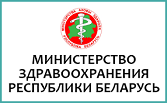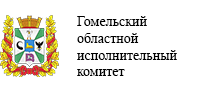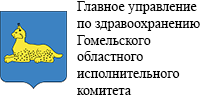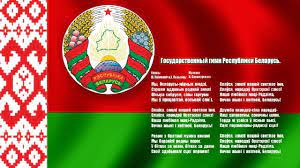Clinical and diagnostic laboratory
The laboratory has been functioning for more than 60 years. Today, we offer patients more than 100 research titles in the most diverse areas of laboratory diagnostics.
The laboratory is equipped with modern laboratory equipment. We use laboratory technologies that guarantee high accuracy of results, both in qualitative and quantitative analysis. In our laboratory, the quality of laboratory tests and the sensitivity of the reagents used are monitored daily, which allows us to achieve the maximum accuracy of the results. Disposable vacuum-forming test tubes allow safe and comfortable collection of blood.

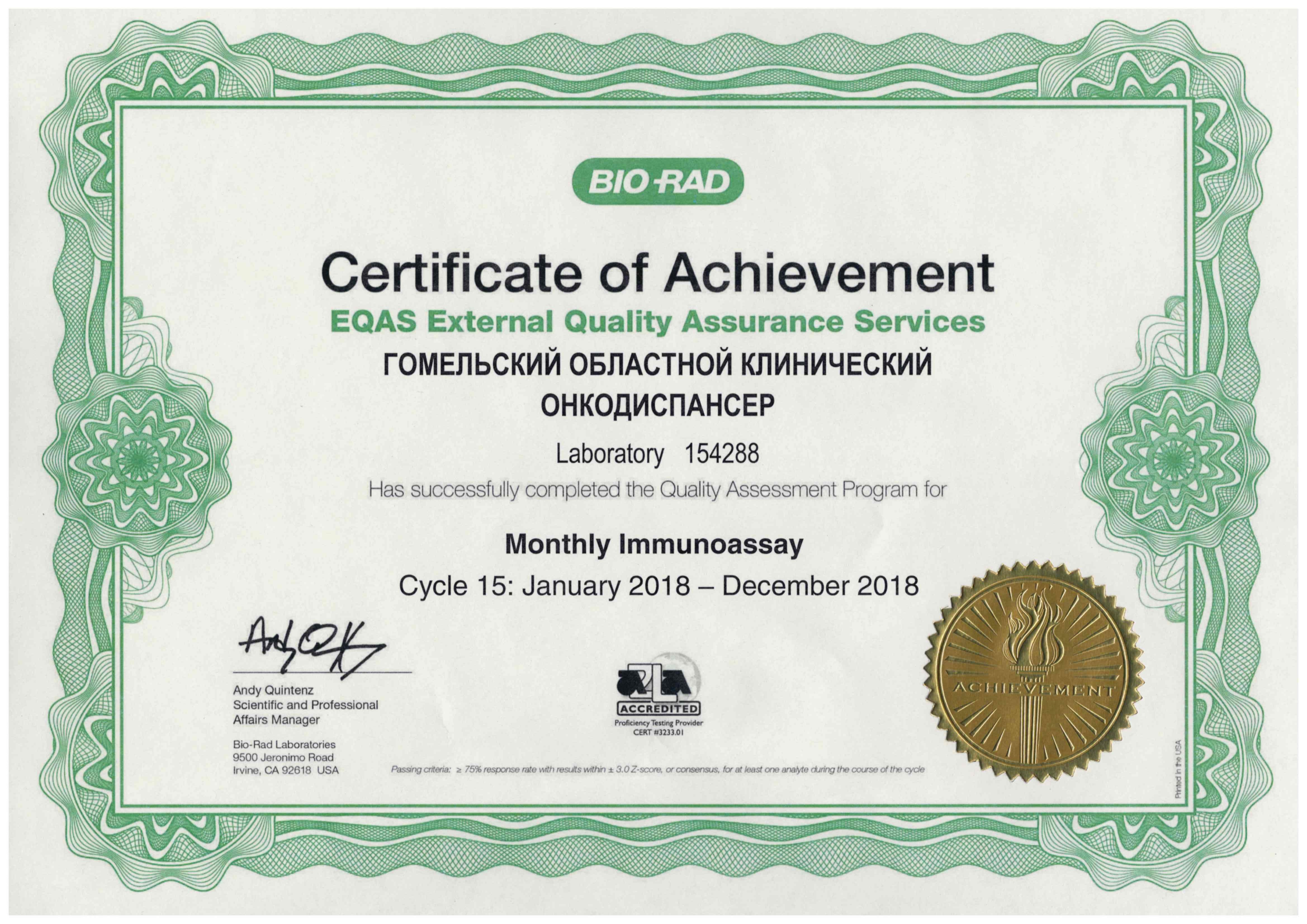
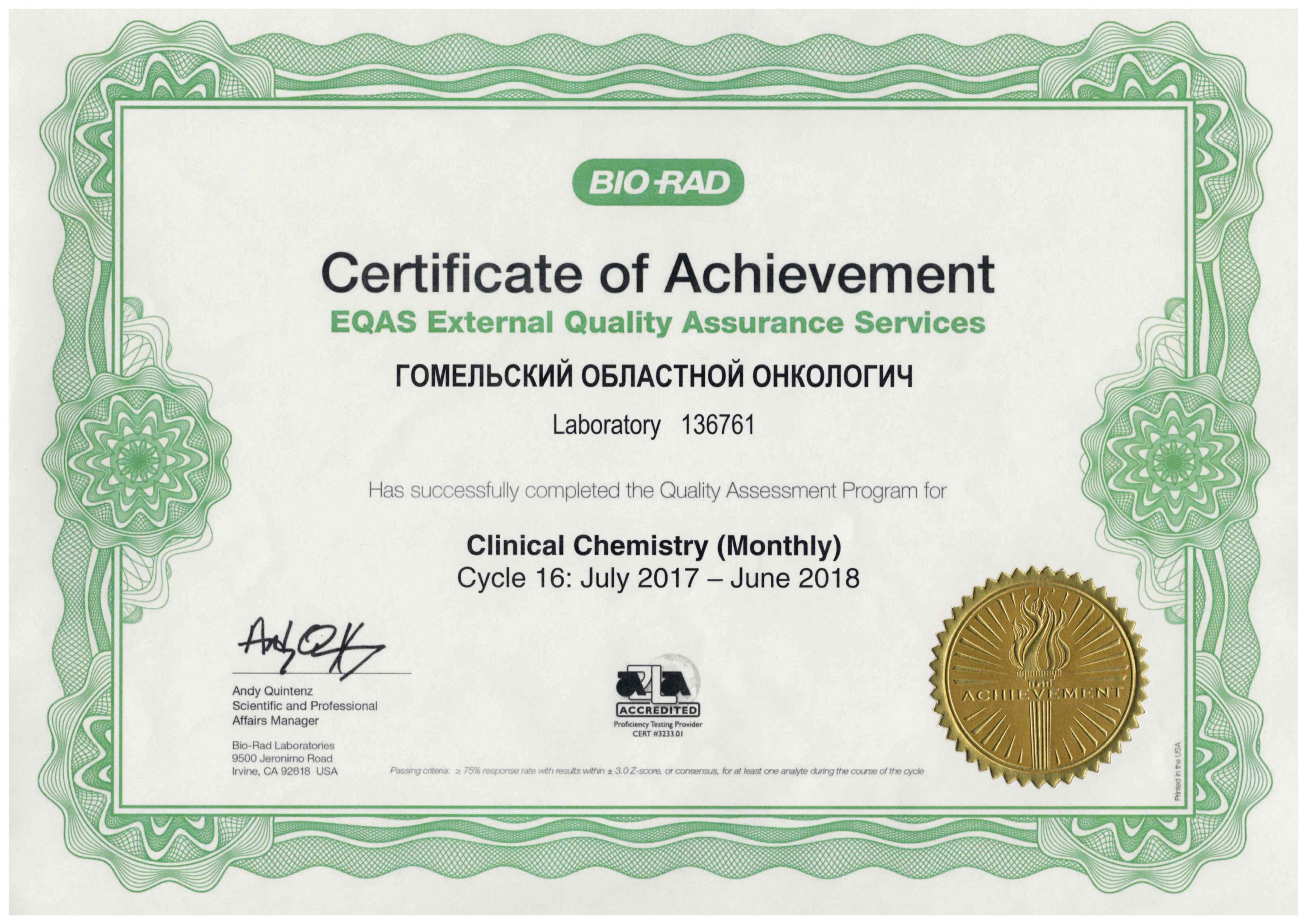
The following groups function in the structure of the clinical diagnostic laboratory:
- Biochemical research
- Hematological, general clinical studies;
- Immunological, immunoenzymatic studies;
- Radioimmunological research;
- Molecular genetic studies;
- Cytological studies;
- Emergency laboratory studies.
The laboratory employs highly qualified medical staff. We appreciate your time, therefore, most laboratory tests are performed within 1 - 3 working days.
Head of KDL, laboratory diagnostics doctor of the highest category: Tyshko Alla Ivanovna
Contact phone numbers:
MODE OF CLINIC-DIAGNOSTIC LABORATORY FOR RECEPTION OF PATIENTS TO PAID SERVICES:
Registry
Monday-Friday: From 08.15 to 17.00
phone: 8 (0232) 49 13 80 , 8 (0232) 49 13 11
The ticket office of paid services
Monday-Friday From 08.15 to 16.00
phone: 8 (0232) 49 15 00
Laboratory
Monday-Friday: From 08.00 to 17.00
phone:
8 (0232) 49 15 04
,
8 (0232) 49 19 30
,
8 (0232) 49 19 12
,
8 (0232) 49 19 11
,
8 (0232) 49 18 89
,
8 (0232) 49 18 62
Treatment room
Monday-Friday:
From 08.30 to 15.30
Friday:
From 08.30 to 14.00
Combination of tumor markers for tumors of the main localizations used in the Institution 'Gomel Regional Clinical Oncology Center'
|
The localization of the tumor |
Tumor markers |
|---|---|
|
Mammary cancer |
CA 15-3, CEA, CA 72-4, CA 19-9, TPA-M (cytokeratins 8.18,19) (prolactin hormones estradiol) |
|
Ovarian tumors: Epithelial Germ cell Granulosa |
CA-125, HE4, CA 72-4, CA 19-9 Beta-hCG, AFP estradiol |
|
Testicular tumors |
Beta-hCG, AFP |
|
Cervical cancer |
SCC, CEA, Cyfra 21-1 |
|
Uterine tumor markers |
The SCC, CEA, Cyfra 21-1, CA-125, CA 19-9, CA 72-4. HE4 |
|
Cancer of the vulva |
SCC, CEA |
|
Endometrial cancer |
CA 125, CA 19-9, CEA, CA 72-4. HE4 |
|
Tumor markers of liver |
AFP, CA 19-9 (biochemistry: GGT, AP) |
|
Esophageal carcinoma |
SCC, Tu M2-RK |
|
Stomach cancer |
CA 72-4, CEA, CA 19-9 |
|
Intestinal tumor markers |
CEA, CA 19-9, CA 242, CA 72-4, Tu M2-RK |
|
Pancreas cancer |
CA 19-9, CA 242, Tu-M2 RK |
|
Bladder Cancer |
SCC, Cyfra 21-1 |
|
Clear-cell carcinoma |
Tu M2-PK, SCC |
|
Prostate cancer |
PSAobschy, PSAsvob. / PSAobsch, pro2PSA |
|
Lung cancer: Small cell Squamous Adenocarcinoma Large- |
HCE, CEA, SCC, Cyfra 21-1, CEA CEA, CA 72-4 SCC, Cyfra 21-1, CEA |
|
Thyroid Cancer: Follicular papillary Medullary |
REA thyroglobulin, TSH calcitonin, CEA |
|
Melanoma |
S100 |
|
Tumor of lymphoid tissue |
Ferritin, beta-2 microglobulin, immunoglobulins (IgA, IgM, IgG) |
Recommendations
for the assessment of the results (tumor markers) refer to those skilled in the community or clinic to oncologists.
Remember! Various research methods and measurement units can be used in different laboratories. To score your results was correct and was the acceptability of the results, to conduct research in the same laboratory at the same time. A comparison of these studies will be more correct.


